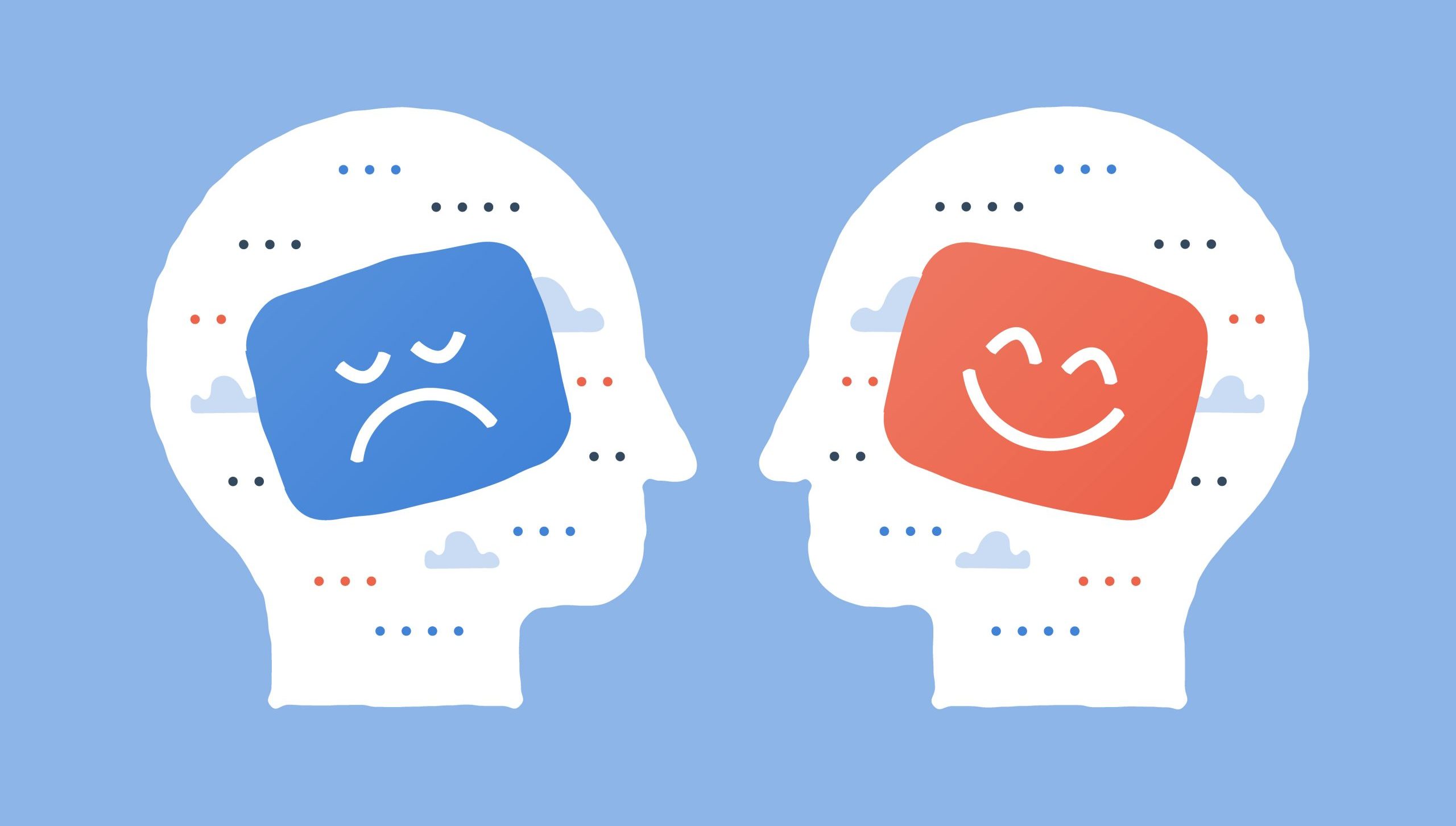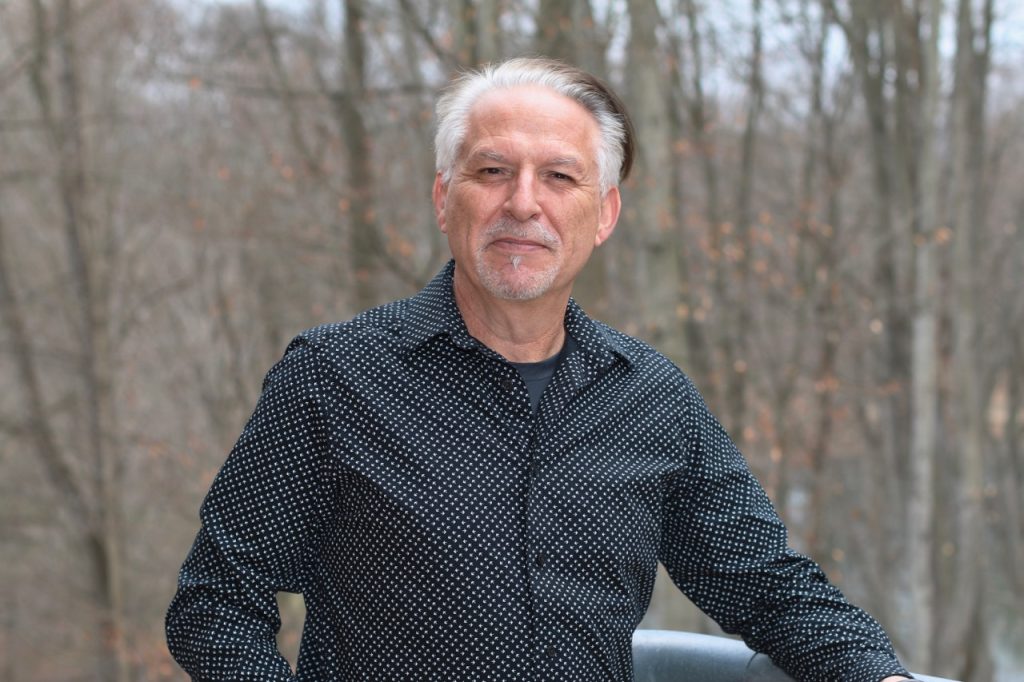Professional development and continual learning are critical to the success of any organization, and we at the foundation believe in walking our talk. With that in mind, my colleague Paul Bateson and I recently facilitated an employee book club to discuss Shirzad Chamine’s “Positive Intelligence.”
In his book, Chamine looks at how the human brain is predisposed to negative thinking. In particular, he isolates nine “saboteurs” (thought patterns) that people possess to varying degrees, along with the “Judge,” a master saboteur who constantly criticizes our actions and makes us dwell on the dark side. This chorus of naysayers result in stress, self-doubt, anxiety and other unpleasant emotions that undermine our performance and damage relationships. Happily, there are techniques for controlling the Judge and his minions and learning how to activate the “Sage,” the part of our brain that deals with challenges in a positive manner.

I became familiar with Chamine’s work a couple of years ago and began to include it in some of our retreat curriculum and introduced it to our entrepreneurship team. Paul became a fan, and we thought others across our organization could benefit from it. Our rationale: Chamine goes beyond a temperament assessment; he provides actionable tools to rewire neurons that increase positivity, which leads to greater productivity and stronger relationships.
We structured the book club as five monthly meetings, each lasting 90 minutes. Participants had the option of attending in-person or via Zoom. Prior to each session, we asked everyone to read specific chapters of the book and bring a couple of questions that emerged from their reading to discuss with the group. Attendance wasn’t mandatory, but we did seek buy-in from senior management before starting the project (important for any type of professional development) and got a green light to purchase books for everyone.
We had a nice turnout of about 20 people at each session, and the cross pollination from various departments made for lively discussions. Here are a few takeaways from participants:
Rita Phillips — “Positive Intelligence has helped me articulate my thinking patterns – how they are both positive and negative. Because I understand when and how the negative thoughts disrupt me, I can better control them and turn them into my ‘superpowers.’ ”
Jenn East — “I was amazed by how my strengths mirrored my saboteurs! It helped me understand how to apply and manage them in different situations in my life. I also realized my saboteurs are a result of my life circumstances growing up and what a huge impact it has on my behaviors. As I joked in one of our sessions, I could have saved a lot of money on therapy if I just had this book! I really got a charge out of these sessions.”
Kathy Browning — I’ve worked on being positive for years since our founder Darlene Lowe is such a positive person. Because our brains are naturally wired to the negative, it’s important to surround yourself with positive people. (I’ve heard that the five people you’re around the most often affects your attitude.) Once you know your saboteurs, you can work to turn those into your super-powers. (Not all saboteurs are bad!) Just knowing and understanding your saboteurs weakens them. It’s nice to know you can change your PQ (positivity quotient) over time — and it’s not too late to teach an old dog new tricks.”
Mat James — “Positive Intelligence provided me with a framework that helps me understand the way I interact and react to the world around me. In this way, it has helped me better understand myself and the way I process information. I plan to use this new knowledge to help me make better decisions, to help control my emotions, and to use the exercises from the book to connect with my creative side.”
Jarod Reibel — “One of my main takeaways from the Positive Intelligence book club was an overall better understanding of myself, which included identifying the different ‘voices’ in my brain (the saboteurs, Judge and Sage), and how to address each of them. Because the saboteurs were initially needed for survival, it makes sense that these thought patterns are more developed and the strongest. It was interesting to think of the brain as muscle, which needs exercising like every other muscle, and I enjoyed learning about simple and short exercises for attempting to strengthen the sage brain in order to have that voice become more prevalent than the saboteurs.”
One of my own takeaways was how willing the group was to be vulnerable, and I think the book club helped us grow closer and build trust. Gaining a better understanding of not only ourselves but also each other enhances our corporate brain…who we are as a larger entity.
I like to think of productivity as an equation: Productivity = Potential – Interference. Saboteurs interfere with our potential. By identifying them, we take the first step toward eliminating their influence.
Granted, the negative chatter in our brain will never go away completely. But we can control our responses to negative thoughts. And the more we reduce what’s interfering with our potential, the more we can boost productivity and innovation.
(Published on January 16, 2023)
